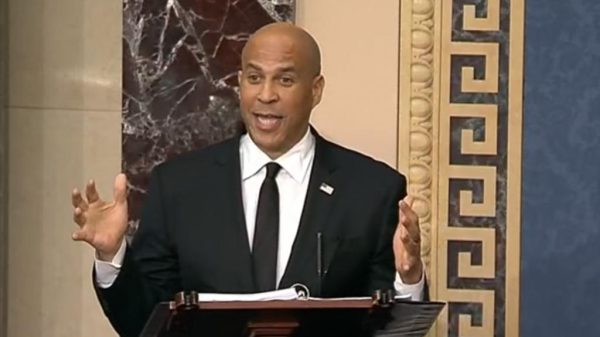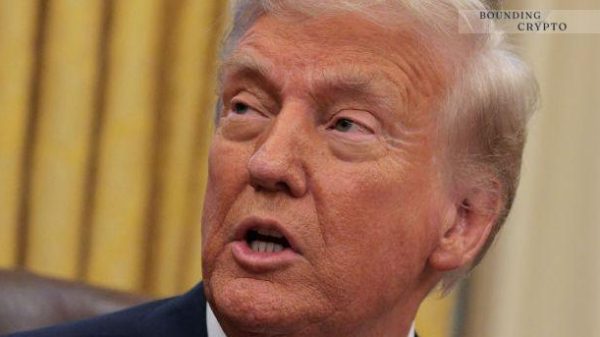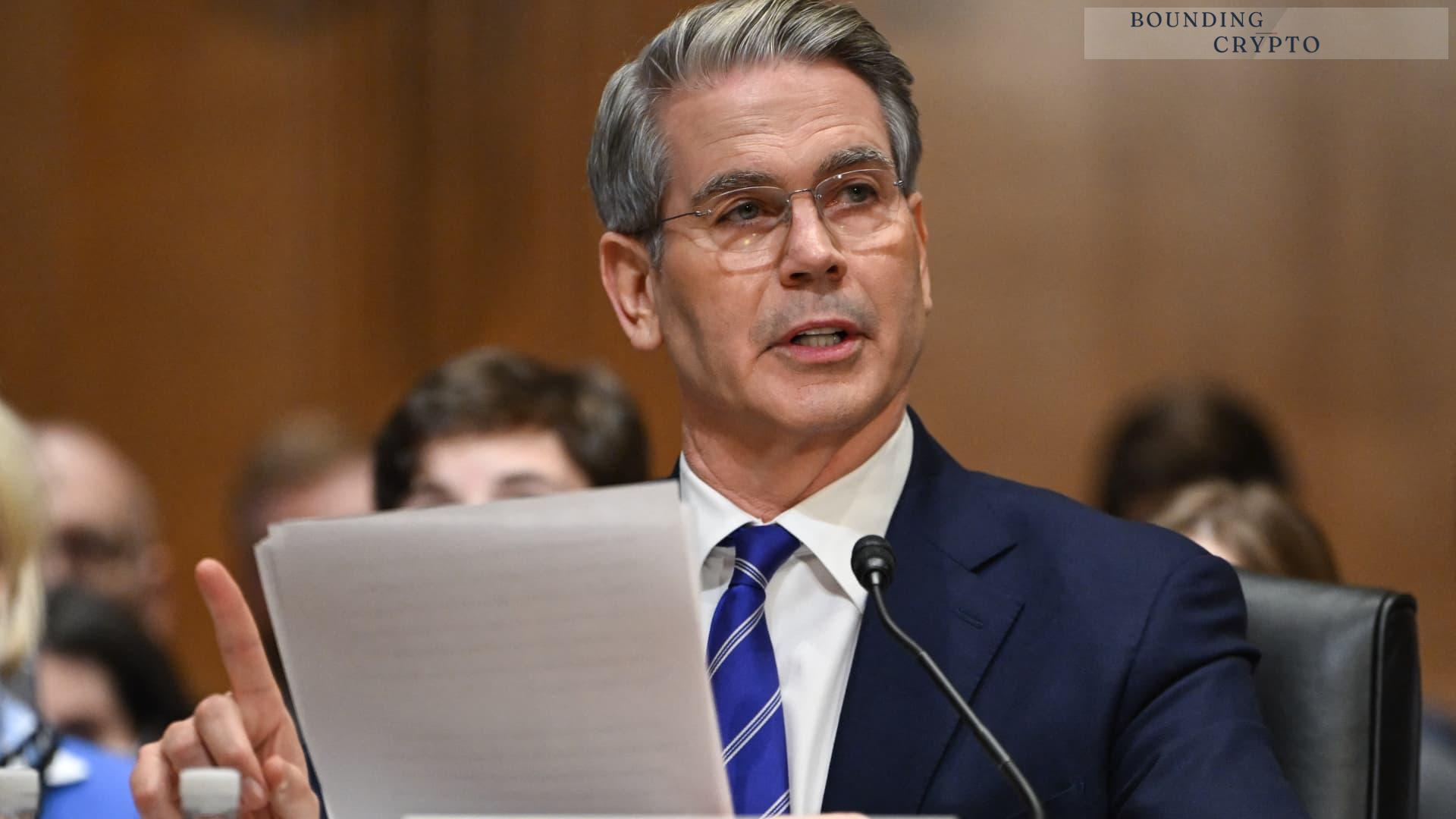Scott Bessent, the nominee for Treasury Secretary, recently testified before the Senate about the United States’ enormous spending problems, reporting alarming figures from the fiscal year 2025. According to his statement during the confirmation hearing, the country is facing a crippling deficit of $710.9 billion in just the first three months, a staggering 39.4% increase from the same time last year. The news hooks everyone’s attention as it suggests that the national debt has now soared past $36 trillion.
What’s Behind the Huge Deficit?
Bessent emphasized that the U.S. has a spending problem, not a revenue problem. He explained that rising costs of financing and declining tax receipts have been major contributors to this unexpected deficit surge. He expressed concern that these numbers indicate unprecedented growth in the deficit outside typical triggers such as war or recession.
The Rising National Debt
The national debt has become a hot topic, with Bessent noting the implications if spending continues unchecked. The startling numbers he presented illustrate how past government borrowing—typically used to address national crises—has now compounded the debt issue. He remarked on the history of borrowing during emergencies but stressed that the current trend is alarming.
Political Reactions and Future Plans
During the hearing, various Senators questioned Bessent about his plans to tackle these spending challenges. He has indicated a willingness to work closely with President Trump to explore potential solutions, including proposals that may involve difficult conversations about the debt ceiling.
Concerns from Lawmakers
Bessent’s statements drew attention from multiple lawmakers, as he faced questions about the approach to the nation’s borrowing habits and whether there were plans in mind for future fiscal management. Senators highlighted that the escalating national debt could pose risks not just economically but also politically.
Highlights from the Hearing
Key moments from the hearing included Bessent’s assurance of working toward fiscal responsibility while navigating complex political waters. He addressed varying opinions in the Senate, especially concerning addressing the debt ceiling. While expressing support for the elimination of the debt ceiling, Bessent avoided committing outright to specific policies, indicating that finer details still need to be discussed with lawmakers.
| Important Figures from the Hearing | Details |
|---|---|
| Current National Debt | $36 trillion |
| Fiscal Year 2025 Deficit | $710.9 billion |
| Year-to-Year Deficit Increase | 39.4% |
Conclusion
As Scott Bessent continues through the confirmation process, his insights are raising critical points regarding fiscal responsibility and the future of U.S. economic policies. The implications of his approach to spending and borrowing could resonate throughout the economy, affecting everyone from everyday citizens to large financial institutions.








































